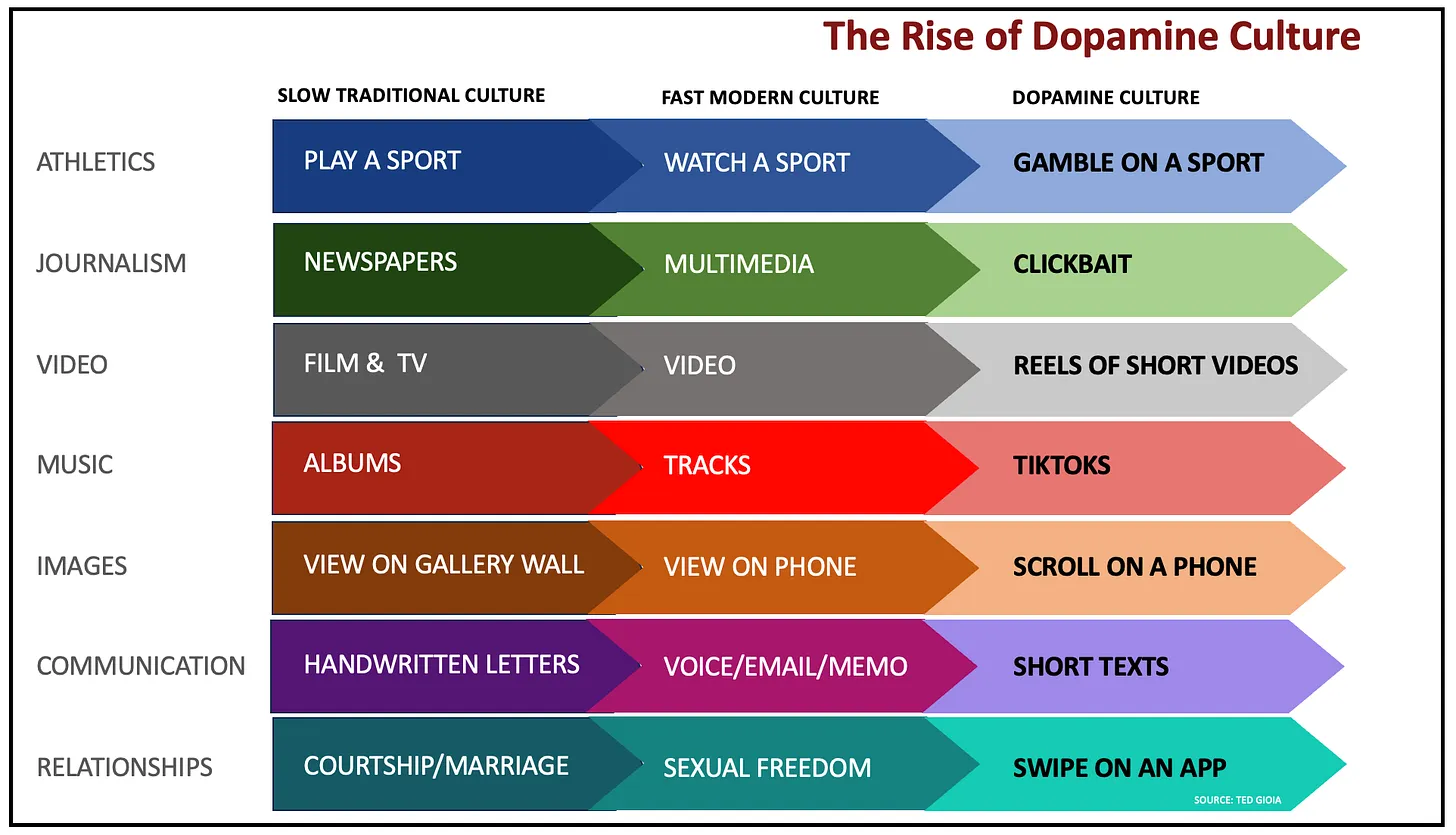Rozenshtein, Alan Z., Moderating the Fediverse: Content Moderation on Distributed Social Media (November 23, 2022). 2 Journal of Free Speech Law (2023, Forthcoming), Available at SSRN: https://ssrn.com/abstract=4213674 or http://dx.doi.org/10.2139/ssrn.4213674
Found via Nathan Schneider
Abstract
Current approaches to content moderation generally assume the continued dominance of “walled gardens”: social media platforms that control who can use their services and how. But an emerging form of decentralized social media—the "Fediverse"—offers an alternative model, one more akin to how email works and that avoids many of the pitfalls of centralized moderation. This essay, which builds on an emerging literature around decentralized social media, seeks to give an overview of the Fediverse, its benefits and drawbacks, and how government action can influence and encourage its development.
Part I describes the Fediverse and how it works, beginning with a general description of open versus closed protocols and then proceeding to a description of the current Fediverse ecosystem, focusing on its major protocols and applications. Part II looks at the specific issue of content moderation on the Fediverse, using Mastodon, a Twitter-like microblogging service, as a case study to draw out the advantages and disadvantages of the federated content-moderation approach as compared to the current dominant closed-platform model. Part III considers how policymakers can encourage the Fediverse, whether through direct regulation, antitrust enforcement, or liability shields.

 .
](
.
](